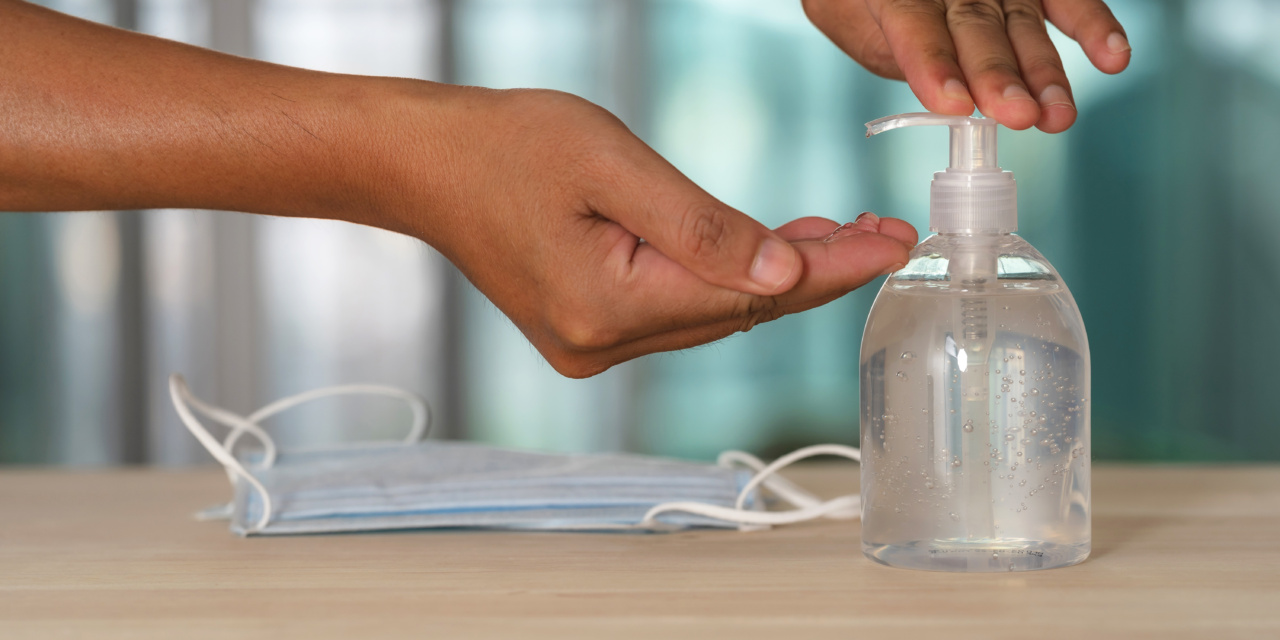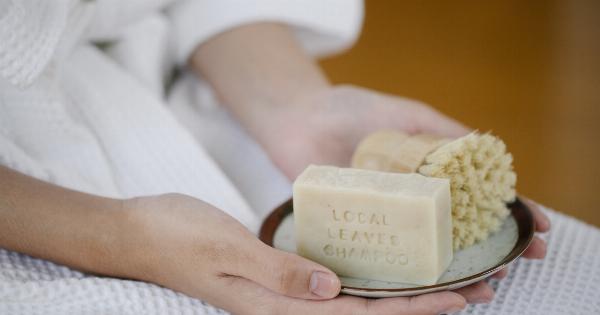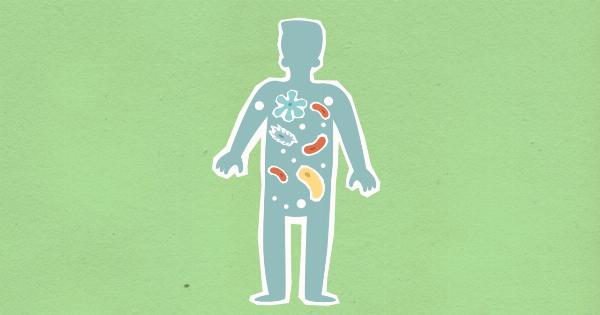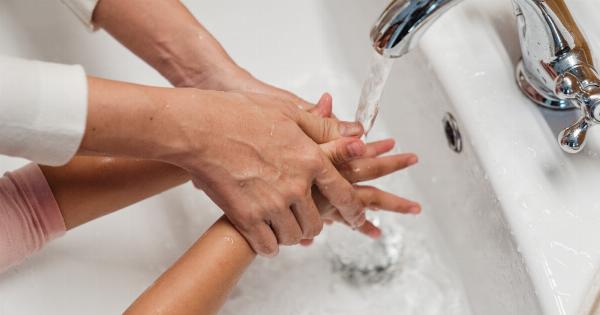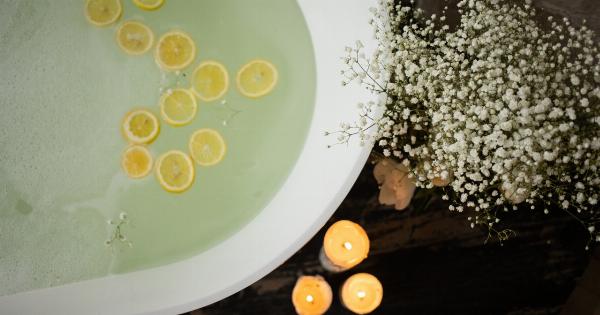Pregnant women have been advised to be careful with their choice of hygiene products, including soaps. The widespread use of antibacterial soaps has raised concerns about the potential risks associated with their use, especially during pregnancy.
While many people choose to use antibacterial soaps as a protective measure against germs, these products may pose dangers to pregnant women and their unborn children. In this article, we will explore the dangers of using antibacterial soaps during pregnancy and provide some safe alternatives for maintaining good hygiene.
What Are Antibacterial Soaps?
Antibacterial soaps are typically formulated with one or more active ingredients that are intended to kill bacteria, viruses, or other microorganisms.
These ingredients are usually chemicals such as triclosan, triclocarban, chlorhexidine, or benzalkonium chloride, which are added to traditional soap formulations to give them antimicrobial properties. Antibacterial soaps are often marketed as being more effective at killing germs than regular soap and are commonly used in healthcare settings.
The Risks of Antibacterial Soaps During Pregnancy
The use of antibacterial soaps during pregnancy may expose both the mother and the unborn baby to harmful chemicals.
Studies have shown that several of the active ingredients found in these soaps, such as triclosan and triclocarban, can interfere with hormones in the body. Hormonal imbalances may increase the risk of several medical conditions, including cancer, diabetes, and obesity. They may also affect fetal development, leading to birth defects, preterm birth, and low birth weight.
Moreover, the use of antibacterial soaps may contribute to the development of antibiotic-resistant bacteria.
Using these types of soaps regularly may lead to the selection of resistant strains of bacteria that can potentially cause infections that are more difficult to treat. For pregnant women, these infections can be especially dangerous, as they may lead to complications such as sepsis, pneumonia, or meningitis.
Safe Alternatives to Antibacterial Soaps
Although antibacterial soaps may be effective in killing germs, they may also be harmful to pregnant women and their unborn babies.
Luckily, there are several safe and effective alternatives to these products that can be used during pregnancy to maintain good hygiene. Here are some of the best options:.
1. Natural Soaps
Natural soaps are gentler on the skin and do not contain harsh chemicals like triclosan or triclocarban. They are made with natural ingredients such as vegetable oils, herbs, and essential oils and are free from synthetic fragrances and colors.
Natural soaps come in different types, like castile soap, goat milk soap, and shea butter soap, all of which can be used safely during pregnancy.
2. Plain Soap and Water
Believe it or not, plain soap and water are all that you need to maintain good hygiene. Soap works by getting rid of dirt and oil from the skin, and water rinses them away.
The friction created by rubbing your hands together while washing can dislodge germs and bacteria, making them less likely to spread. So don’t underestimate the power of plain soap and water, as they are just as effective at cleaning your skin as antibacterial soaps.
3. Hand Sanitizers
Hand sanitizers are an excellent option for when you’re on the go and don’t have access to soap and water. They contain alcohol, which kills germs and bacteria on contact.
However, it is important to choose a hand sanitizer that contains at least 60% alcohol and to use it appropriately. Apply a small amount to the palm of your hand and rub your hands together until the sanitizer is completely absorbed.
Conclusion
The dangers of using antibacterial soaps during pregnancy cannot be overstated. Pregnant women should avoid using products that contain triclosan, triclocarban, or other chemicals that are known to disrupt hormones.
Instead, natural soaps, plain soap and water, or hand sanitizers can be used safely to maintain good hygiene. By avoiding antibacterial soaps during pregnancy, you can protect yourself and your unborn baby from potential harm.
